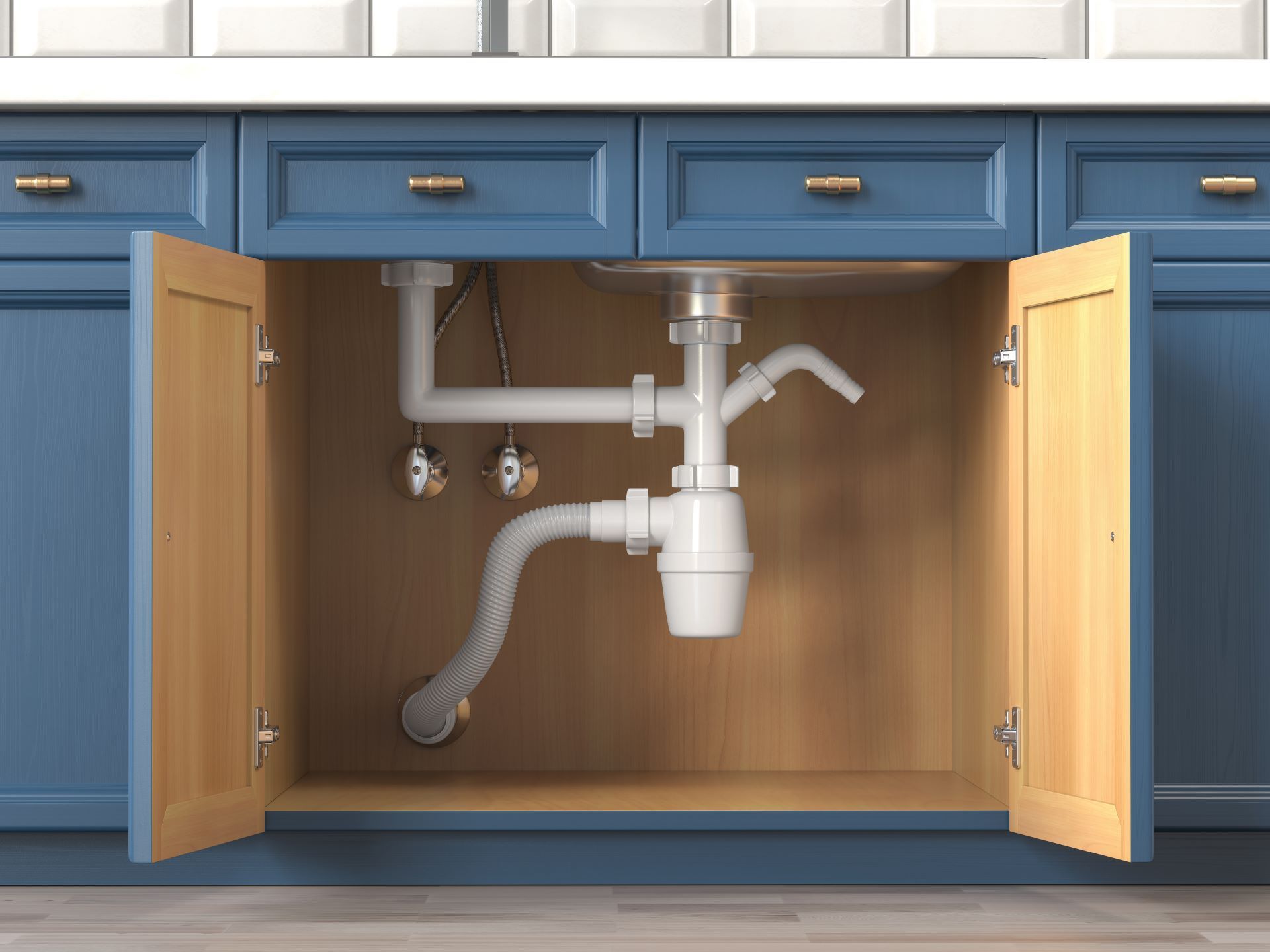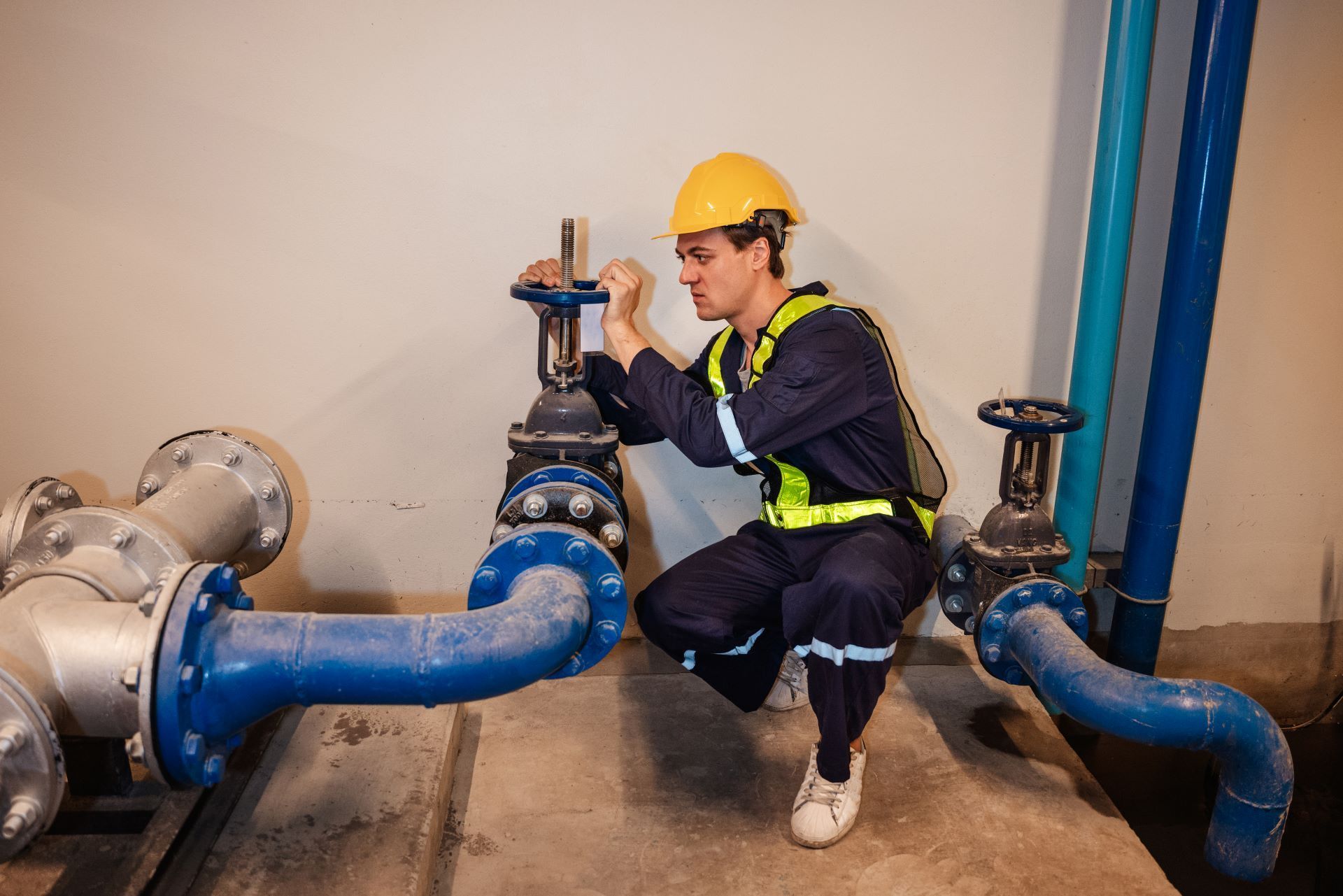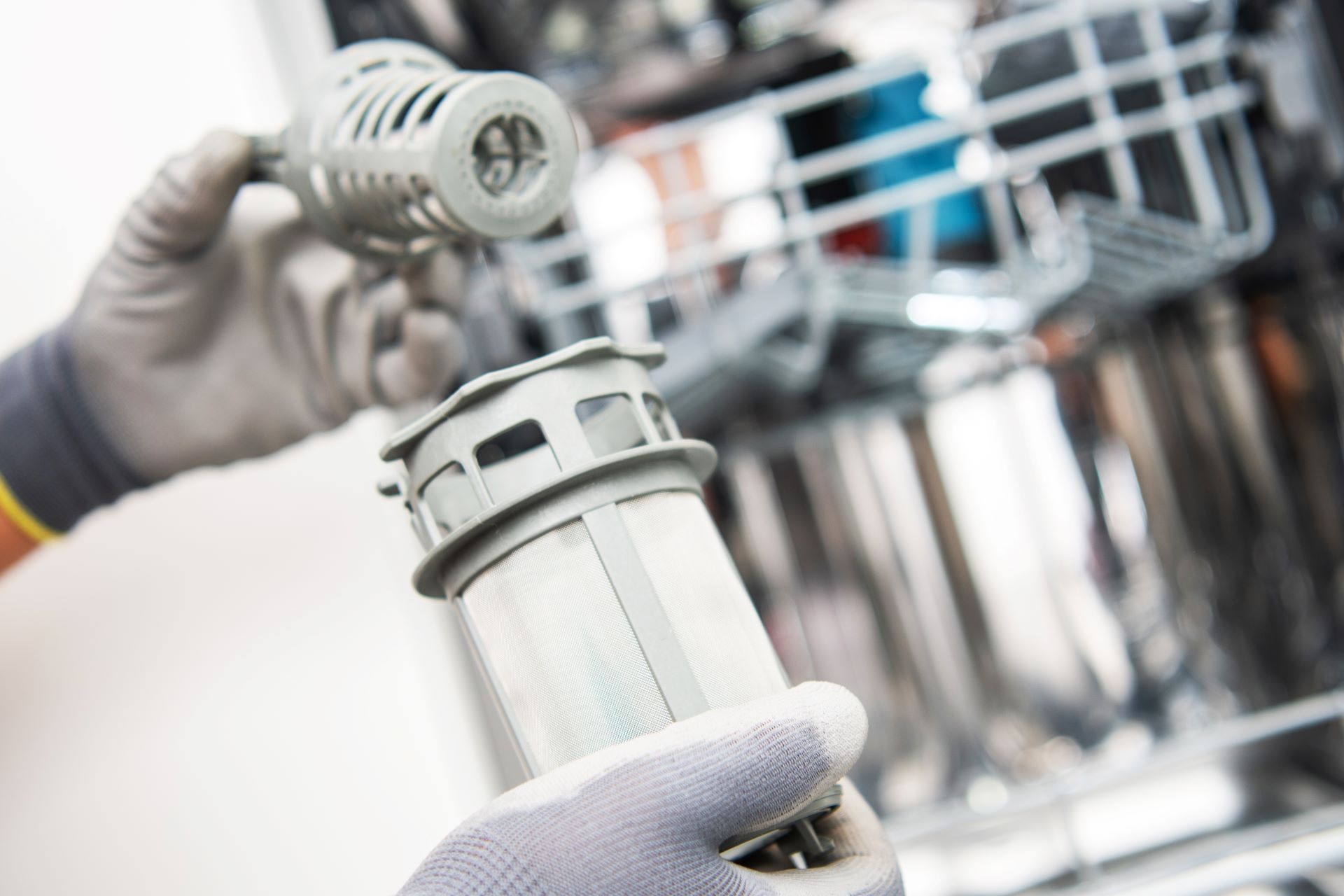Join the Lutz Loyalty Club and start saving today!
How Long Does it Take to Become a Plumber?
Nov 27, 2023
For anyone interested in the plumbing industry, today we are going dive into the world of plumbing careers and just how long it takes to achieve specific certifications.
Whether you're a high school student contemplating your future or someone considering a career change, understanding the timeline to become a plumber is essential.
Let's explore the path to becoming a skilled plumber and the opportunities it offers.

What is a Plumber?
Before we delve into the time it takes to become a plumber, let's first define the role. Plumbers are essential professionals responsible for installing, maintaining, and repairing plumbing systems. They ensure that water flows smoothly into homes and businesses, addressing leaks, clogs, and other plumbing issues. Plumbing is an indispensable part of our everyday lives, making plumbers highly valued members of our community.
Educational Requirements
The journey to becoming a plumber typically begins with educational prerequisites. Here are the key steps:
- High School Diploma or GED: The first step is to complete your high school education or earn a GED (General Educational Development) certificate. A solid foundation in math, science, and problem-solving skills can be especially helpful.
- Vocational or Trade School: Many aspiring plumbers choose to attend vocational or trade schools to gain specialized plumbing knowledge. These programs offer hands-on training and coursework tailored to the plumbing industry.
- Apprenticeship Programs: One of the most crucial aspects of becoming a plumber is the apprenticeship. During this phase, you'll work under the guidance of experienced plumbers, learning the ropes of the trade. Apprenticeships typically last 2-5 years, depending on the program and your progress.
Apprenticeship Period
The apprenticeship period is where aspiring plumbers gain invaluable experience. Here's what you can expect:
Duration
Apprenticeships typically last between 2 and 5 years, depending on the state and the program's requirements. During this time, you'll work alongside journeyman plumbers to acquire hands-on skills and practical knowledge.
On-the-Job Training
Apprenticeships are all about learning by doing. You'll be exposed to various plumbing tasks, from fixing leaks to installing new fixtures, and everything in between.
Mentorship
Your journeyman plumber mentor will guide you, share their expertise, and ensure you're gaining the skills necessary to become a proficient plumber.
Licensing and Certifications
After completing your apprenticeship, you'll need to obtain the required licenses and certifications to work as a plumber. Licensing requirements vary from state to state, so it's essential to check the specific requirements in your area. These licenses typically demonstrate your competency and ensure that you meet safety standards.
Continuing Education
The learning doesn't stop once you become a licensed plumber. Staying up-to-date with industry trends and technology is crucial for career growth. Plumbers can pursue advanced training, specialize in specific areas such as HVAC systems or green plumbing, or join professional organizations to expand their network and knowledge base.
Work With Lutz Plumbing
Becoming a plumber is a rewarding journey that offers long-term career stability and the satisfaction of knowing you're helping communities by ensuring clean water and efficient plumbing systems. The timeline to become a plumber involves educational prerequisites, apprenticeships, licensing, and ongoing learning.
If you're considering a plumbing career in the Kansas City area, don't hesitate to reach out to Lutz Plumbing. We're here to support your plumbing aspirations and provide top-notch services to our community.
Contact us today or browse our job openings.
Share Post
Download the Lutz Plumbing App!
Schedule a Service
Membership Access
Access to Exclusive Offers
Manage Financing
... And More!
Free Safety Inspection
Free Extended Warranties
15% Discount
Free Priority Service
Member Only Specials
No Extra Charges for After Hour Service
Hundreds of Five-Star Reviews
Read why happy customers choose us over and over again.
When you have a
plumbing problem in the Kansas City area, you can rely on Lutz Plumbing to be have 24 hour response time. We are a local, family-owned business who shows up on time and ready to tackle your plumbing problems head on.
From leak detection to water heater service and installation, Lutz Plumbing gives you prompt, efficient and high quality plumbing services from knowledgeable technicians.
Read more about what hundreds of customers like you are saying about our five-star service, or call us today at
913-888-9500 and tell us about your problem today.

Dan
"We called at 6:30 on Sunday evening and Brent was at our door at 7:25 and was extremely professional and completed the work in a clean manner. We will be called Lutz Plumbing moving forward!"
Read All Reviews →
John K.
"The employees are always on time and very knowledgeable about the work to be completed. Very impressed, as always."
Read All Reviews →
Amanda
"I called 27 different plumbers at 11 at night, no one could come or they didn't answer. Brent called back 3 minutes later and came right out and fixed it right away. The price was less than other's day prices, so glad you are in business. I will always use Lutz plumbing from now on."
Read All Reviews →
Articles for Homeowners

Find Your Service Location
List of Services
-
Belton, MOBelton, MO
-
Blue Springs, MOBlue Springs, MO
-
Bonner Springs, KSBonner Springs, KS
-
De Soto, KSDe Soto, KS
-
Eudora, KSEudora, KS
-
Excelsior Springs, MOExcelsior Springs, MO
-
Gardner, KSGardner, KS
-
Gladstone, MOGladstone, MO
-
Grain Valley, MOGrain Valley, MO
-
Grandview, MOGrandview, MO
-
Independence, MOIndependence, MO
-
Kansas City, KSKansas City, KS
-
Kansas City, MOKansas City, MO
-
Lansing, KSLansing, KS
-
Lawrence, KSLawrence, KS
-
Leavenworth, KSLeavenworth, KS
-
Leawood, KSLeawood, KS
-
Lee's Summit, MOLee's Summit, MO
-
Lenexa, KSLenexa, KS
-
Liberty, MOLiberty, MO
-
Linwood, KSLinwood, KS
-
Merriam, KSMerriam, KS
-
Mission, KSMission, KS
-
North Kansas City, MONorth Kansas City, MO
-
Olathe, KSOlathe, KS
-
Overland Park, KSOverland Park, KS
-
Parkville, MOParkville, MO
-
Platte City, MOPlatte City, MO
-
Prairie Village, KSPrairie Village, KS
-
Raymore, MORaymore, MO
-
Roeland Park, KSRoeland Park, KS
-
Shawnee, KSShawnee, KS
-
Spring Hill, KSSpring Hill, KS
-
Tiffany Springs, MOTiffany Springs, MO
Local Office
21961 W 83rd St
Lenexa, KS 66227
Contact
Office Hours
Monday - Friday: 8a - 6p
Saturday: 8a - 4p
24 Hour Response
License
#20202383
Financing














